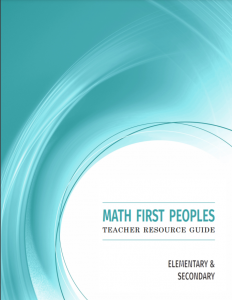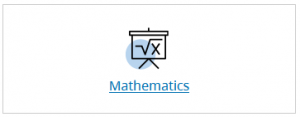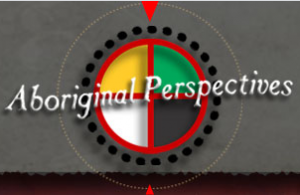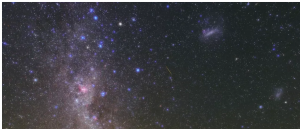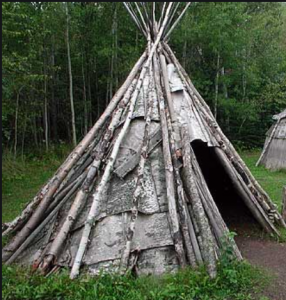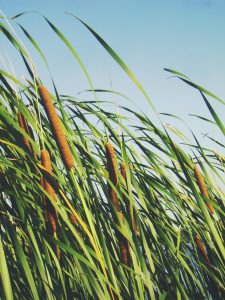This story was suggested to me by Shirley in relation to my research question about barriers in nursing education for Indigenous students. I think it really illustrates not only the message of the story (perseverance, that every little bit can help, even if the problem seems insurmountable, even the smallest of us can contribute, no act of kindness is too small), but also how media is used to tell a story that otherwise might not be accessible to anyone outside the community that it’s from. It’s such a beautiful story and I’m grateful to be able to experience it.
https://www.hummingbird.vancouveropera.ca/story
Yahgulanaas, M. N. [mnyhaida]. (2013, April 8). Flight of the hummingbird – Haida manga [Video]. YouTube. https://youtu.be/naj6zZakgEg
